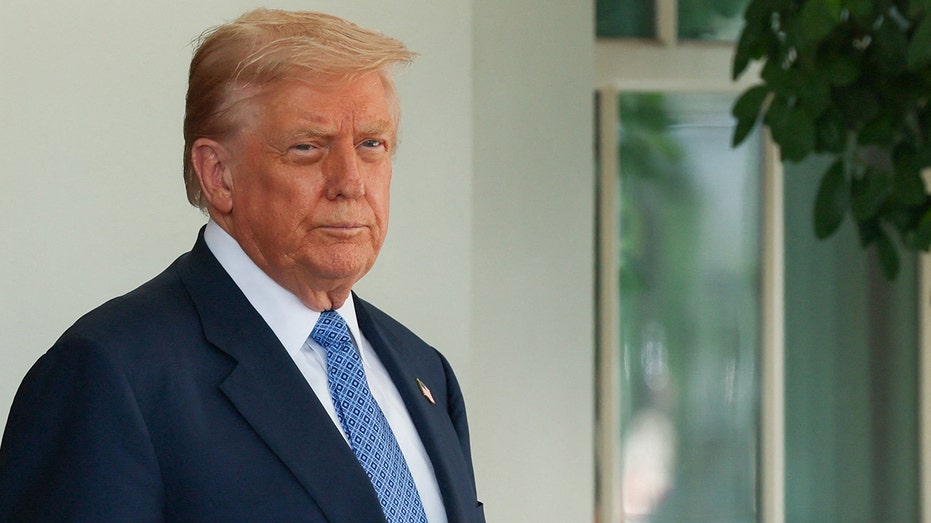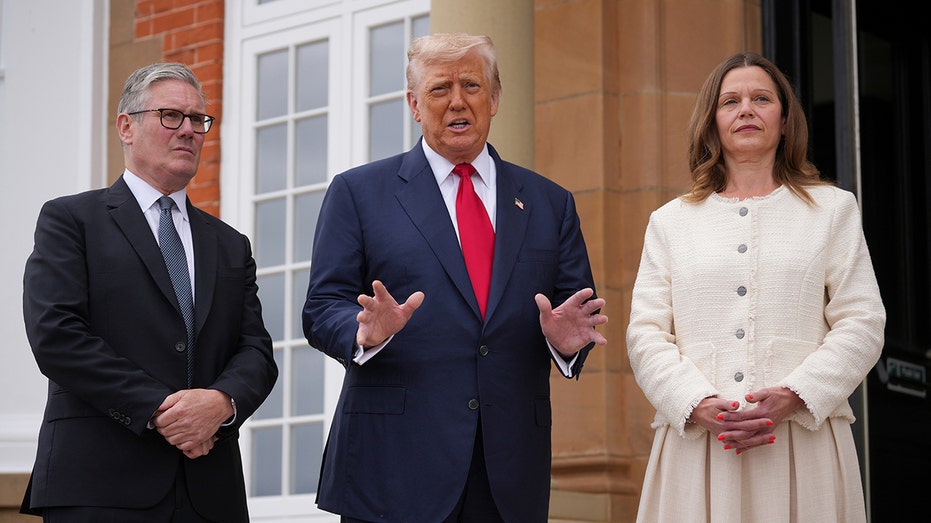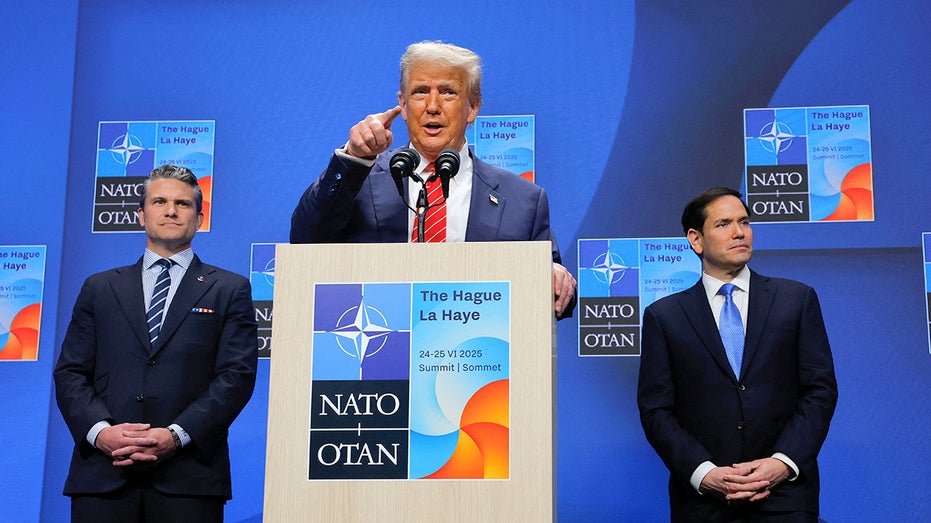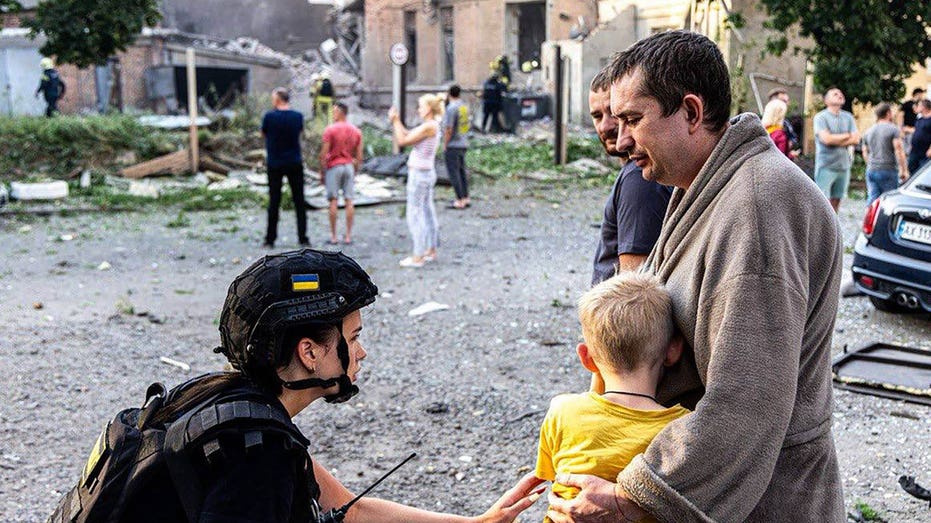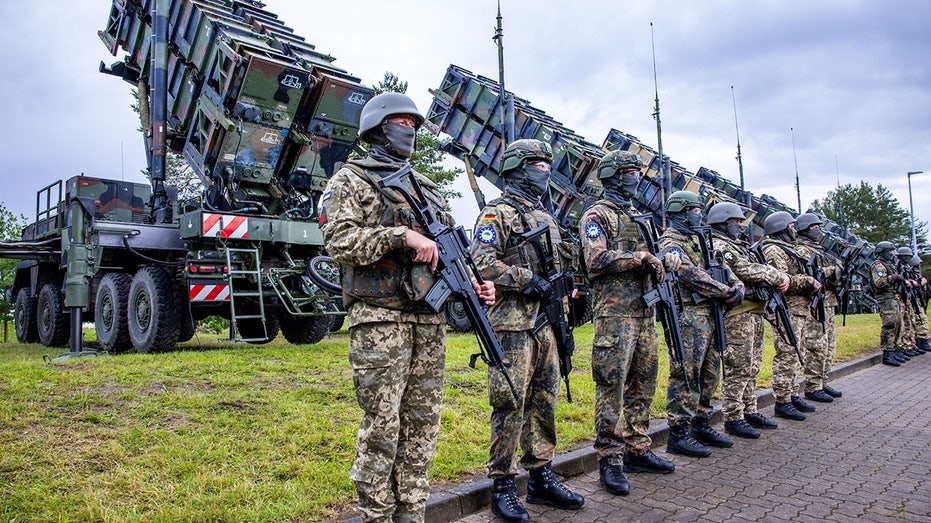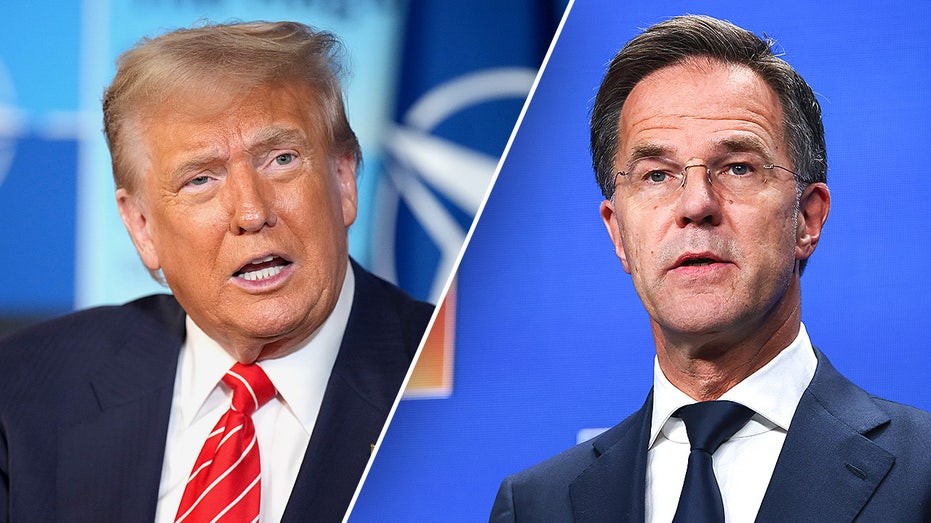Trump's Putin Meeting: A High-Stakes Gambit in Alaska

Sarah Johnson
August 14, 2025
Brief
Analysis of Trump's meeting with Putin in Alaska, exploring its implications for US-Russia relations and the Ukraine conflict. Expert insights included.
Decoding Trump's Alaska Gambit: More Than Just a Game of Chess
Opening Analysis: Former President Trump's planned meeting with Vladimir Putin in Alaska is being framed as a strategic chess match, but is it a genuine pursuit of peace or a high-stakes political maneuver? The outcome could significantly reshape the geopolitical landscape and the future of the conflict in Ukraine.
The Bigger Picture: A History of US-Russia Relations
To understand the potential implications of this meeting, it's crucial to examine the historical context of US-Russia relations. The Cold War era established a dynamic of mutual suspicion and competition, even as occasional periods of détente emerged. More recently, relations have been strained by Russia's annexation of Crimea in 2014, alleged interference in US elections, and the ongoing war in Ukraine. Considering the history of distrust and conflicting interests between Moscow and Washington D.C., any attempt to forge a lasting peace requires more than just a superficial commitment.
Trump's approach to Russia has been characterized by a unique blend of public admiration and apparent willingness to collaborate, contrasting with the hawkish stance adopted by many foreign policy experts and previous administrations. This divergence raises questions about his motivations and the potential compromises he might be willing to make in pursuit of a deal.
What This Really Means for Ukraine and Beyond
The heart of the matter lies in the complexities of the Russia-Ukraine conflict. The potential for land swaps, as hinted by Trump, is a highly contentious issue. Ukraine has vehemently opposed any territorial concessions, viewing them as a betrayal of national sovereignty and a dangerous precedent.
Any agreement reached between Trump and Putin will directly affect Ukraine, and the country's leadership is understandably wary. Zelenskyy's statement that there is “no sign” Russia is preparing to end the war underscores the deep chasm between the two nations and the uphill battle for a sustainable resolution.
This meeting has far-reaching implications beyond the immediate conflict zone. The stability of Eastern Europe, the credibility of international alliances, and the future of arms control agreements are all at stake.
Expert Perspectives: Weighing the Possibilities
Dr. Fiona Hill, a former senior director at the National Security Council specializing in Russian affairs, stated, "Trump's tendency to prioritize personal relationships over strategic interests could lead to concessions that undermine US security and international norms."
Professor Stephen Walt, an international relations scholar at Harvard University, suggests, "A pragmatic approach to Russia is necessary to prevent further escalation and manage global challenges, such as nuclear proliferation and climate change. However, this requires careful diplomacy and a clear understanding of Russia's core interests. "
Data & Evidence: Russia's Military Spending and Sanctions Impact
According to the Stockholm International Peace Research Institute (SIPRI), Russia's military expenditure has been steadily increasing over the past decade, reflecting its assertive foreign policy and military modernization efforts. Data also reveals that economic sanctions imposed by the US and its European allies have had a limited impact on Russia's behavior, suggesting that a more comprehensive strategy is needed to influence its actions.
Looking Ahead: Key Factors to Watch
Several factors will determine the success or failure of this diplomatic initiative:
- The degree of alignment between Trump and Putin's objectives: Do they share a common vision for resolving the conflict, or are their interests fundamentally incompatible?
- The response from the international community: Will the US find support among its allies, or will it face resistance to any proposed deal that is perceived as unfair to Ukraine?
- The situation on the ground in Ukraine: Can a ceasefire be negotiated, and will both sides be willing to abide by its terms?
The Bottom Line: Uncertainty and High Stakes
Trump's meeting with Putin represents a bold attempt to break the deadlock in US-Russia relations and address the simmering conflict in Ukraine. However, the potential for failure is high, and the consequences of a miscalculated move could be substantial. The world will be watching closely to see whether Trump's chess game leads to a meaningful breakthrough or a dangerous checkmate.
Topics
Editor's Comments
While Trump's willingness to engage in direct diplomacy is commendable, it is imperative to maintain a realistic perspective. The history of US-Russia relations is fraught with challenges, and Putin's objectives often diverge significantly from those of the US and its allies. It is also important to ask whether Trump, given his past behavior, has what it takes to represent the best interests of multiple parties. A successful outcome will require a delicate balance of firmness, flexibility, and a clear understanding of Russia's strategic aims. Ultimately, the fate of Ukraine and the future of international security may hinge on the decisions made in Alaska.
Like this article? Share it with your friends!
If you find this article interesting, feel free to share it with your friends!
Thank you for your support! Sharing is the greatest encouragement for us.
